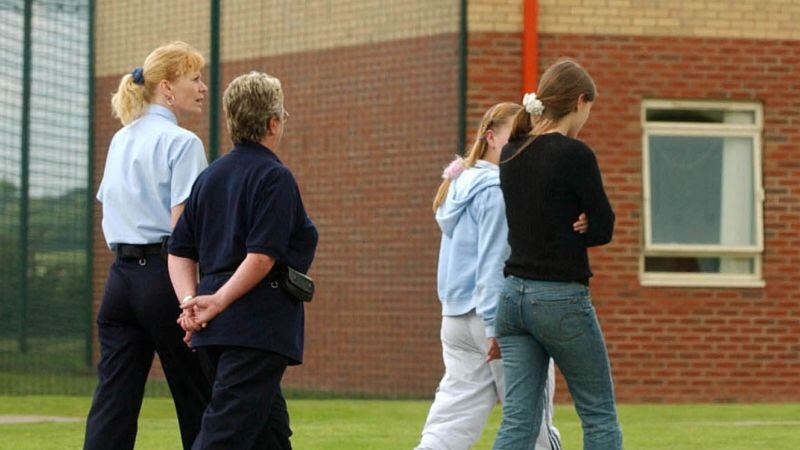Groundbreaking work with women offenders is making real progress, but proper investment is needed to make it work long-term, according to new research.
The study, by academics at Sheffield Hallam University, highlights the difficulties and social exclusion faced by women involved with the criminal justice system.
It examines Greater Manchester’s innovative “whole system approach” to women offenders, which involves supporting women at three points of the criminal justice system – arrest, sentencing and upon release from prison.
Nine women’s centres across the borough provide the support ‘hubs’ for women referred via these different routes. While they are doing valuable work with vulnerable women, according to academics, the uncertainty of future funding for these centres is putting this work at risk.
The study by Hallam Centre for Community Justice at Sheffield Hallam University and the Policy Evaluation and Research Unit at Manchester Metropolitan University found that of 640 women referred to the nine centres between 1 September 2014 and 30 June 2015, more than three quarters were aged 25 and over and white.
This suggests that younger women and women from BME communities don’t have the same opportunities to access the support offered.
The study also highlighted very significant vulnerabilities faced by this group, with more than half the women identified as having multiple issues such as substance misuse, domestic abuse and accommodation issues, and 80 per cent having mental health issues.
Greater Manchester Mayor and Police and Crime Commissioner Tony Lloyd said:“This is an encouraging report that shows our approach to working with women offenders is starting to make a real difference to the lives of not just the women involved, but their families and society as a whole. By bringing together police, probation, health and other agencies with Greater Manchester’s network of women’s centres and voluntary organisations, we are helping women offenders tackle some of the underlying issues that cause them to offend, such as mental ill health and wellbeing, and substance abuse.
“However, as the report highlights, there are gaps and more needs to be done to ensure young women and women from BME communities are also getting the help they need. I’m confident that we are on the right path with our approach but we need the support and the proper investment from central government to make it work long-term.
“The budget cuts we’ve already suffered combined with uncertainty of future funding puts this work under threat. We need assurance from ministers that they are serious about tackling offending and serious about working with local areas to embed alternatives to custody within our communities.”
Caroline O’ Keeffe, who led the research, and is one of the key speakers at the HCCJ’s conference dedicated to women in the criminal justice system next month, said: “A whole system approach offers an exciting model for best practice in supporting women offenders to address the multiple needs which very often lead to their offending. In particular it offers viable ways diverting women away from custody and preventing the huge damage which imprisonment causes for women and their families.”
“Our study showed that it is very time-consuming and resource intensive to engage women who are extremely vulnerable and to provide the support they need”
“However, women who engaged successfully with the women’s centres reported feeling more positive about the future, having improved health and well-being, enhanced self-esteem and being less like to offend in the future.
“For some, attending the women’s centres had enabled them to develop trusting relationships for the first time in their lives.”







